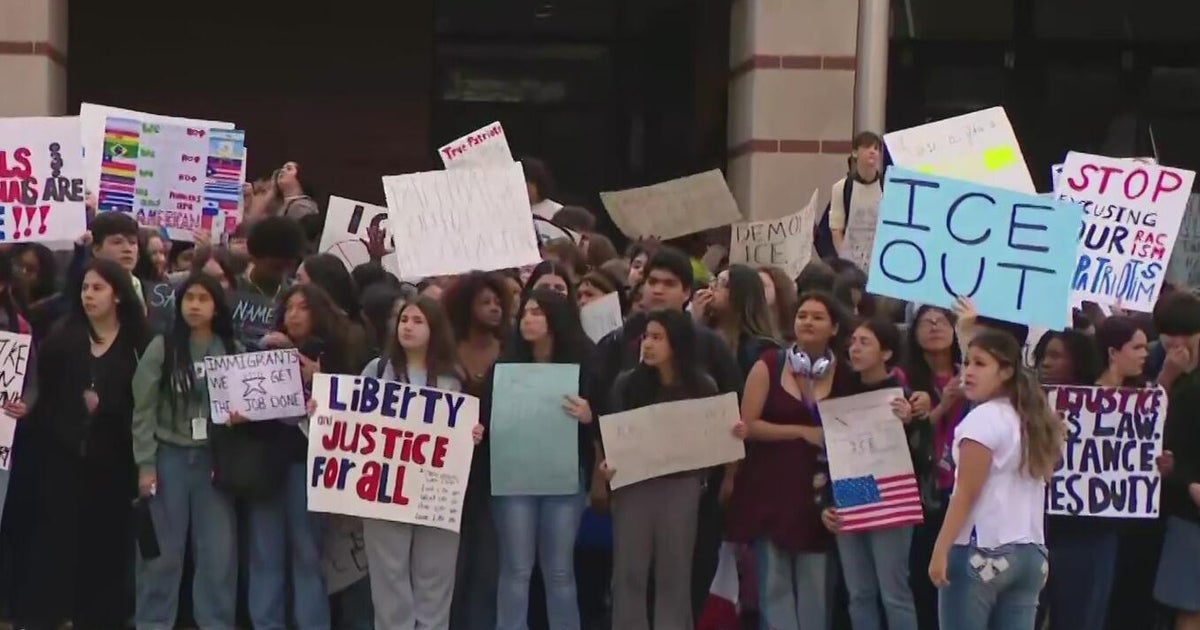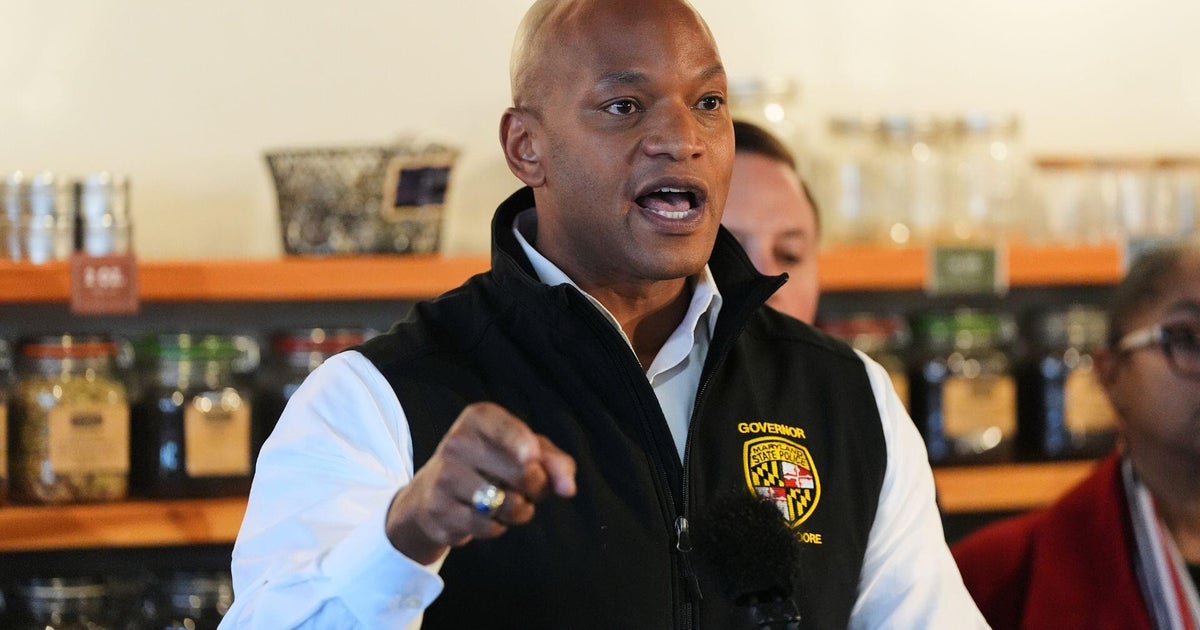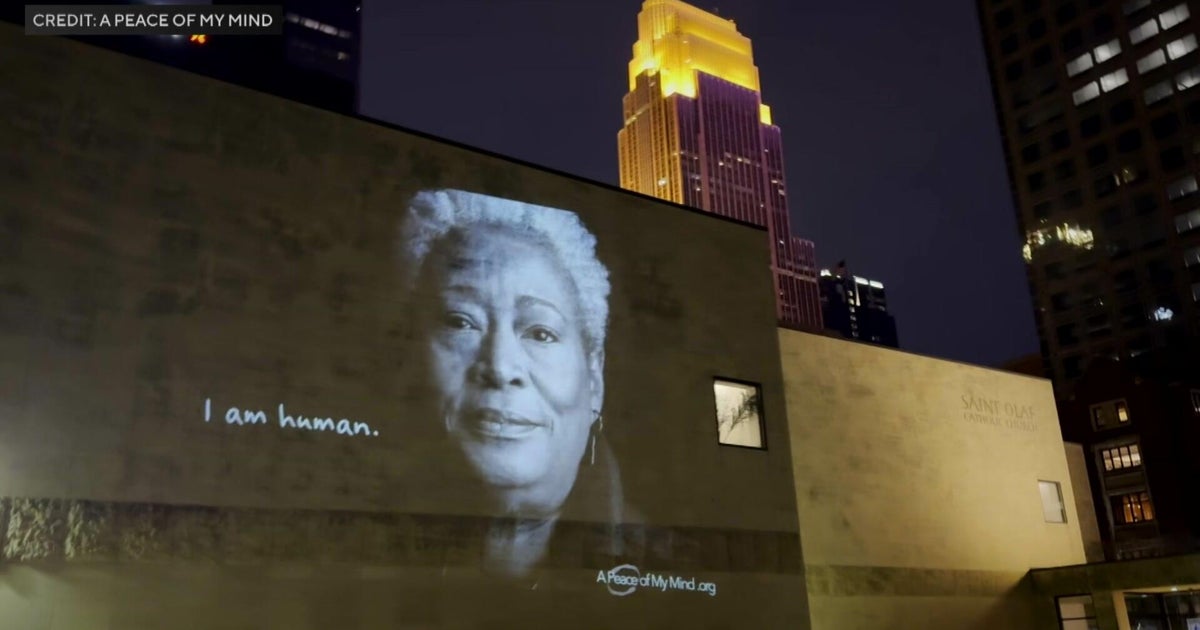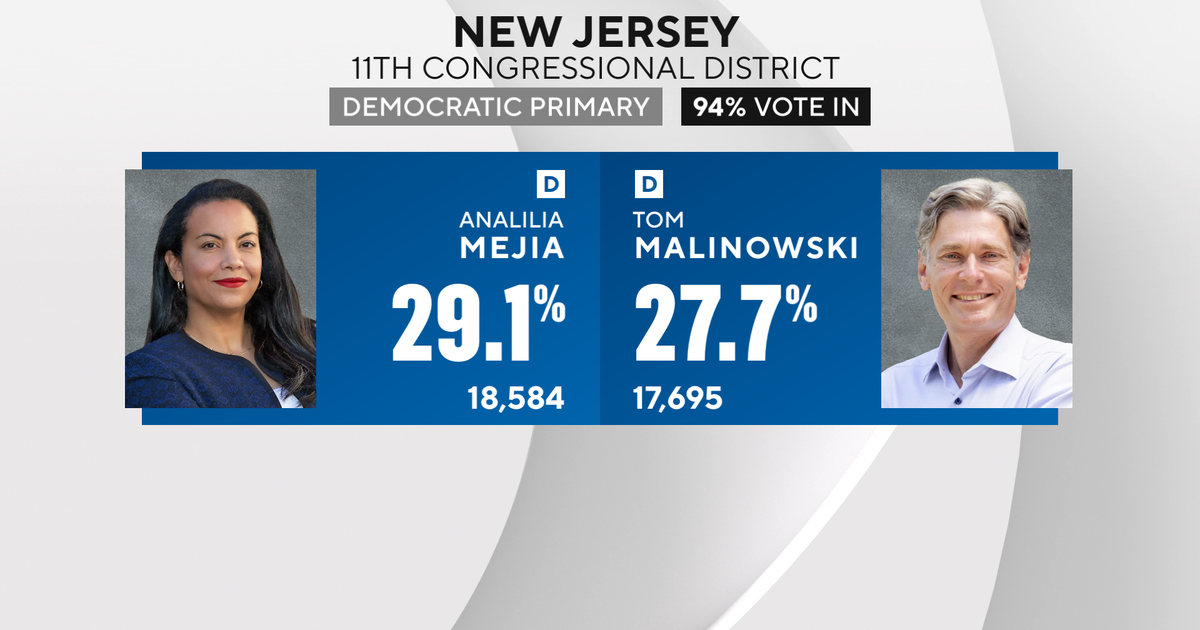Perry & Romney Defend Records At Florida Debate
WASHINGTON (AP) - Rick Perry and Mitt Romney struggled with a simple reality in the latest GOP debate: Americans elect only experienced politicians as president, and Republicans nominate only proven conservatives.
With many Republican voters pushing for ever-purer conservatism, the two requirements sometimes stand in conflict. The candidate who best figures out how to appeal to that audience without abandoning his own record is likely to win the nomination to challenge President Barack Obama in 2012.
As governors of Texas and Massachusetts, respectively, Perry and Romney made high-profile decisions about health care, immigration and other issues that many people praised as pragmatic and sensible. But in ideology-driven candidates' forums, they fail the test of conservative orthodoxy.
The party's two front runners spent much of Thursday's televised debate in Florida defending those policies while jabbing at the weakest spots in their rival's records.
As in previous debates, there was no clear-cut winner or loser, and nothing changed the view that Perry and Romney are running well ahead of the others. But the two-hour event underscored what they have in common with Obama: governing is harder than campaigning, and it sometimes requires compromises that are easy for outsiders and partisans to attack.
"There are some problems that exist in each of our backgrounds that make it harder for us to get elected," Romney said as the debate ended. "I hope one of us gets that White House."
For Perry, the problems center on immigration and a never-implemented vaccination plan. The Texas governor strongly defended his decisions to grant in-state college tuition to illegal immigrants and to oppose a fence along the entire Texas-Mexico border.
"If you say that we should not educate children who have come into our state for no other reason than they've been brought there by no fault of their own, I don't think you have a heart," Perry said. Otherwise, he said, "they will become a drag on our society."
Romney didn't buy it. Giving "illegal aliens" a tuition discount, he said, is a magnet that "draws people into this country to get that education, to get the $100,000 break. It makes no sense."
Former Sen. Rick Santorum was harsher. It's one thing to let illegal immigrants attend college, he said, but why should taxpayers subsidize them?
"I still support it greatly," Perry said, to boos from the audience assembled by hosts Fox News and Google.
Perry was less adamant about his bid to have pre-teen Texas girls vaccinated against a sexually transmitted virus that can cause cervical cancer. As before, Rep. Michele Bachmann of Minnesota led the criticism, saying Perry's effort was "not appropriate" for a governor.
Perry said he should have made the program more flexible. "I erred on the side of life," he said, "and I will always err on the side of life."
Romney, who spent four years as Massachusetts governor, again had to defend his initiative that required residents to buy health insurance or pay a fine. Perry called it a model for "Obamacare," the 2010 federal health care overhaul that all the GOP candidates oppose.
Romney said his position all along was "this is a state plan for a state, it is not a national plan."
Some of the loudest applause went to second-tier candidates, including Rep. Ron Paul, former House Speaker Newt Gingrich, former Utah Gov. Jon Huntsman, businessman Herman Cain and former New Mexico Gov. Gary Johnson. But none of them has governed a big state like Texas for 10 years, as Perry has. And none has made a credible race for president before, as Romney did four years ago.
Since war hero Dwight Eisenhower left the White House in 1961, Americans have chosen presidents who were senators, vice presidents or governors who could prove themselves at the national level. Most had substantial records of decision-making, a requirement for credibility that also invites criticisms.
Romney made it clear he keeps one eye on the independent voters who will be crucial in the general election, even if it means serving up less red-meat rhetoric for hardline conservatives. He passed up invitations to call Obama "a socialist," or Perry "unelectable" because of his comments about Social Security.
Perry is a less polished debater than Romney. But he came prepared with details of how Romney changed some descriptions of his Massachusetts health plan when his book, "No Apology," came out in a paperback edition.
Perry was far less rehearsed, however, when he tried to jab Romney about his changed positions on gun control and abortion.
"I think Americans just don't know sometimes which Mitt Romney they're dealing with," Perry began. "Is it the Mitt Romney that was on the side of -- against the Second Amendment before he was for the Second Amendment? Was it -- was before -- he was before the social programs from the standpoint of -- he was for standing up for Roe versus Wade before he was against first -- Roe versus Wade?"
It was a missed opportunity that probably left listeners befuddled.
The candidates have several more debates before the Iowa caucus and New Hampshire primary kick off the voting early next year. The second-tier candidates can take more shots, but they must make a more convincing case of why they are qualified to be president.
For Romney and Perry, the question may be who can persuade conservative activists to swallow their less-than-pure stands on health care or immigration, and let them take on Obama a year from now.
Bachmann urged voters not to make it easy for them. "Every four years conservatives are told that we have to settle" for someone less than ideal, she said. With Obama's approval ratings falling, she said, "we need to choose a candidate who represents conservatives and constitutional conservative positions."
Americans also want a candidate with a record of governing.
(© Copyright 2011 The Associated Press. All Rights Reserved. This material may not be published, broadcast, rewritten or redistributed.)







